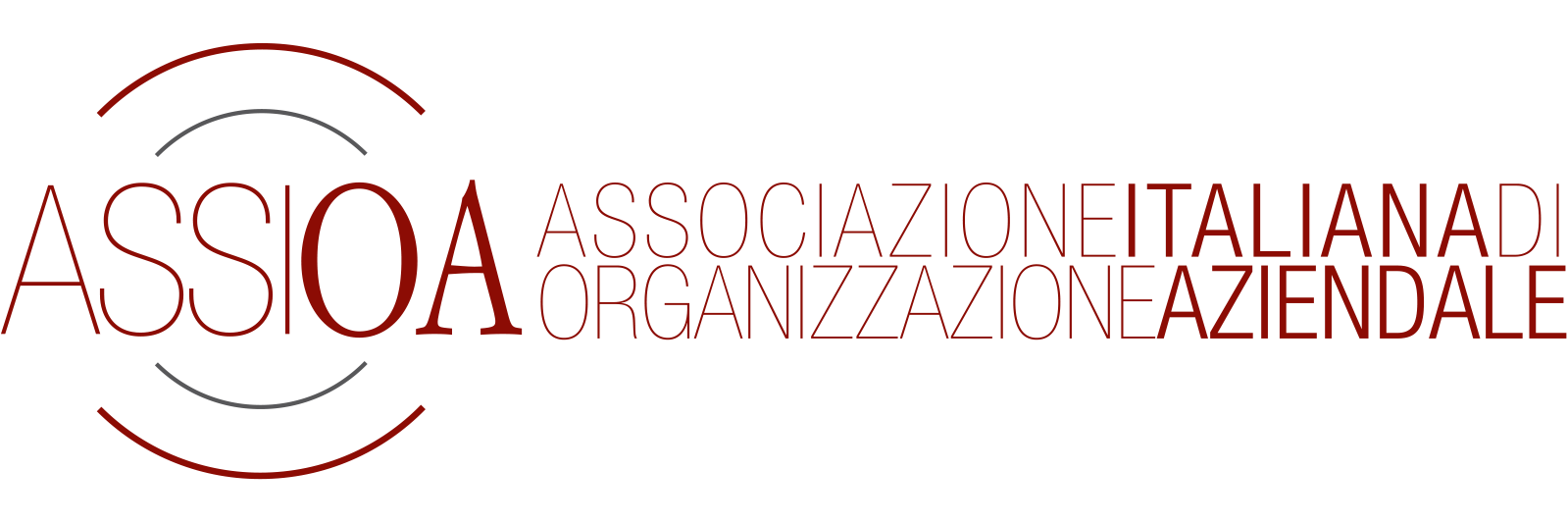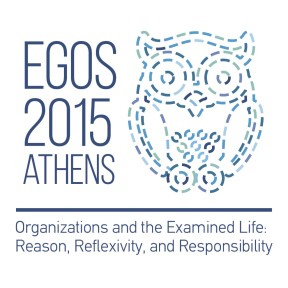31st EGOS Colloquium
Organizations and the Examined Life: Reason, Reflexivity and Responsibility
ALBA Graduate Business School at The American College of Greece
July 2–4, 2015 Athens, Greece _______________________________________________________________________
During his trial in classical Athens, Socrates famously stated: “an unexamined life is not worth living”. This statement is the most succinct advocacy of philosophy, science, and democracy ever since. The spirit of free and open-ended inquiry, the practice of deliberation, and the commitment to a life that is to be lived neither merely biologically, nor unreflectively according to the conventions of surrounding society, but to be approached as a quest for self-knowledge and autonomy, define what the late Cornelius Castoriadis called “Greco-Western culture”. Freed from any particular culture, those features have been, in several variations and forms, defining aspects of modernity.
How are we to understand the Socratic statement in organizations and organization studies – namely in the world of praxis and in the world of theoria? Much of modern organizational life is carried out through structures, systems and routines, following norms and rules, within power structures. On the surface, it has the texture of unexamined life. Nietzsche would probably have said that modern organization is the effort to systematically privilege Apollonian logos over Dionysian pathos.
Yet, there are often occasions for organizational life to be interrupted: things do not turn out as planned, objects do not respond as expected, routines need to be adapted, authority is challenged or silently undermined, the environment is more unpredictable, uncertain or hostile than perceived, the past is no reliable guide for present problems, pathos always lurks beneath logos, and so on. The opportunities for ‘normal’ organizational life to take a different turn are countless. For all the Apollonian efforts for ‘order’, Dionysian ‘disorder’ never goes away. It is the tension between the two that is often experienced in organizational life.
Change, learning, and novelty cannot emerge without challenging unreflective (unexamined) practices. Organizational life may be lived unreflectively; but without ongoing reflexive re-constitution, it stagnates. Organizations may be understood as stable, but are experienced as dynamic, interactive nexuses of social and material arrangements. An important driver of change is the reflective, reflexive, and imaginative use of embodied reason, the opportunity of human agents to engage in feedback and “backtalk” with one another and the materials, and to be responsive while envisaging alternative futures.
How does reason become reflective, reflexive and imaginative? Traditionally, organizations were taken to be paragons of rationality. Weber’s “iron cage” of bureaucracy was built with materials of instrumental rationality, cut off from values, emotions and the body. While such a “cold reason” still underlies the functioning of organizations, it is increasingly suffused with hitherto neglected features, such as emotions and values. The neo-Aristotelian insight that organizations are not merely iron cages, but also sociomaterial practices in which embodied human beings collaborate to realize goods that are “internal” to their practices and matter to them, while aiming to achieve “standards of excellence” that are appropriate to their practices, gains ground. Organizations develop a distinctive “character”, depending on “moods” they create, choices they encourage, and habits they adopt. Reason is not merely instrumental but value-oriented, too.
The 2015 EGOS Colloquium will be a forum for discussion of the above-mentioned issues and questions. Its general theme transcends disciplinary boundaries, dualisms, and levels of analysis: philosophy/ethics and science, business and society, reason and values, rationality and emotions, means and ends, thinking and feeling, mind and body, theory and practice, structure and agency, routine and change, leaders and followers, micro and macro. We invite sub-theme proposals that inspire dialogue on, and even attempt transcending of, some of these dualisms, and cross-disciplinary boundaries by drawing on the social sciences and the humanities.
What better a place to discuss the examined life than Athens, the city in which the possibility for it arose. Socrates, Plato and Aristotle may no longer be around, but their ideas and the Hellenic monuments of classical civilizations are. If theoria is a search for seeing the world (including human life) a little clearer, that search is an interminable journey. The 2015 EGOS Colloquium aspires to be a tiny, but lively, thoughtful, and exciting, stop in that journey; an agora of ideas and debates!
We look forward to seeing you in Athens!



